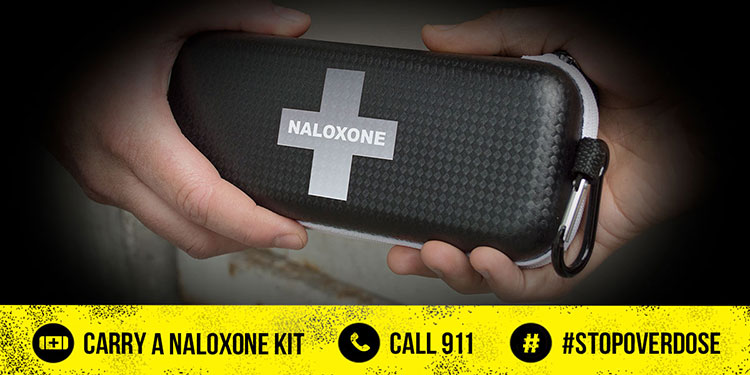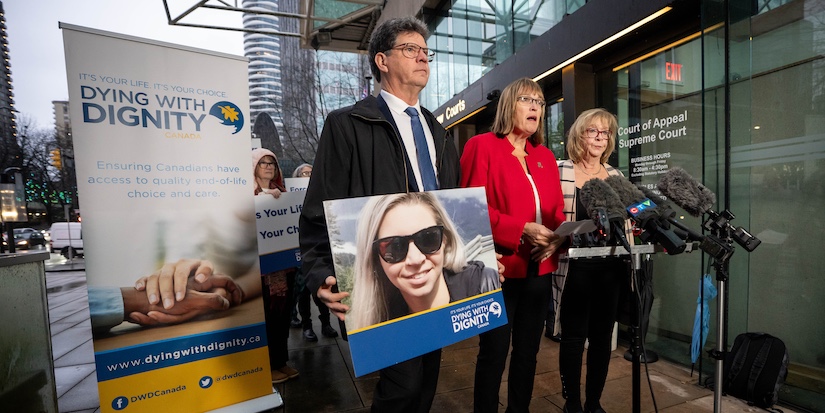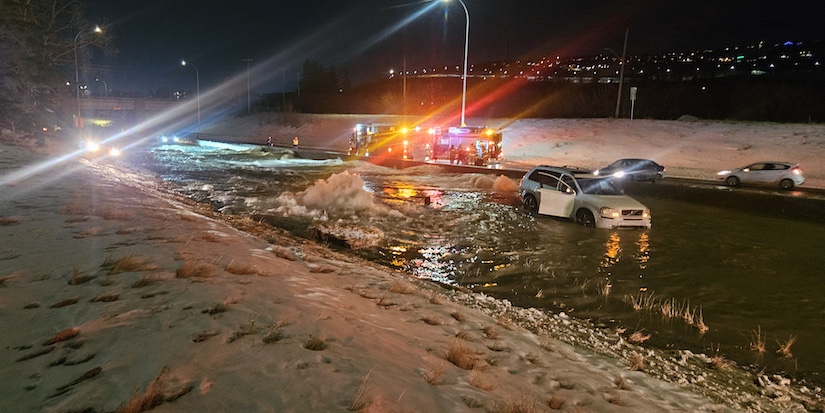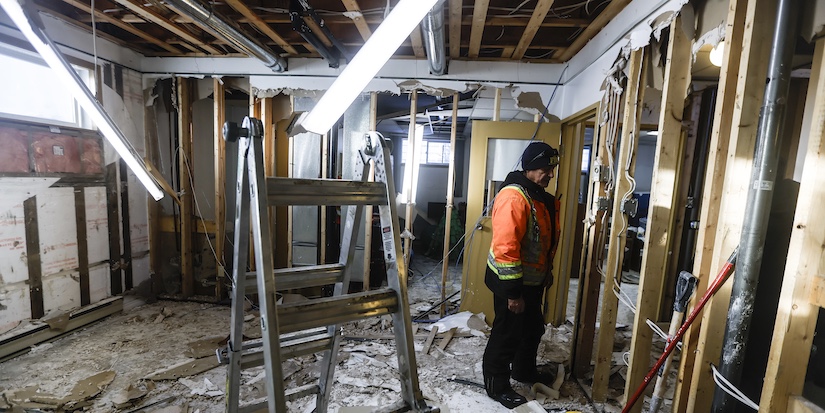Latest News
Deadly shame
Published 2:04 PDT, Fri September 1, 2017
Time was, people with epilepsy were hidden
away because of the intense stigma. A family’s shame at having someone with
epilepsy meant little treatment and often death alone, during a seizure. Today,
we are enlightened. There is treatment. No one hides away because of epilepsy
and no one needs to die alone, untreated.
Yet, stigma still kills. Recreational drug
users and addicts often hide their drug use. People using out in the open, in
back alleys are exceptions, not the norm.
The shame means that, according to Margot Kuo
of the BC Centre for Disease Control (BCCDC), “People typically hide their drug
use because of the stigma. This makes them less likely to ask a friend to check
on them, and less likely to seek medical attention for their addiction. They’re
also much less likely to be attended by paramedics if they overdose, because
there is no one to call 911.”
According to Dr. Nader Sharifi, a physician
with BC Mental Health and Substance Use Services, many people don’t understand
addiction.
“Addiction is a chronic disease,” he says. “Just
like high blood pressure or asthma. Addiction can be treated with success rates
similar to the chronic diseases we typically treat. Only when we look at
addiction in a non-judgmental manner, can we remove the stigma associated with
it and move forward on a path to recovery.”
While BC’s Minister of Mental Health and
Addictions Judy Darcy says, “Immediate harm-reduction programs such as
Take-Home Naloxone are crucial.”
Darcy continues, “We also know we need a
system of addictions care. If people who are suffering are going to get well,
they need to be able to get help when they ask for it. They also need to feel
safe doing so, which means we need to address the stigma associated with drugs.”
Dr. Jane Buxton, the harm reduction lead at
BCCDC, agrees. “While the Take-Home Naloxone Program is saving lives, it’s just
one piece of the opioid response. One of the next hurdles is reducing stigma—because
it’s deadly,” she says
Kuo says, “Our data clearly show that people
who use alone are more likely to die. If they’re going to survive their
addiction, we need to address the stigma by showing compassion rather than
judgment.”




























